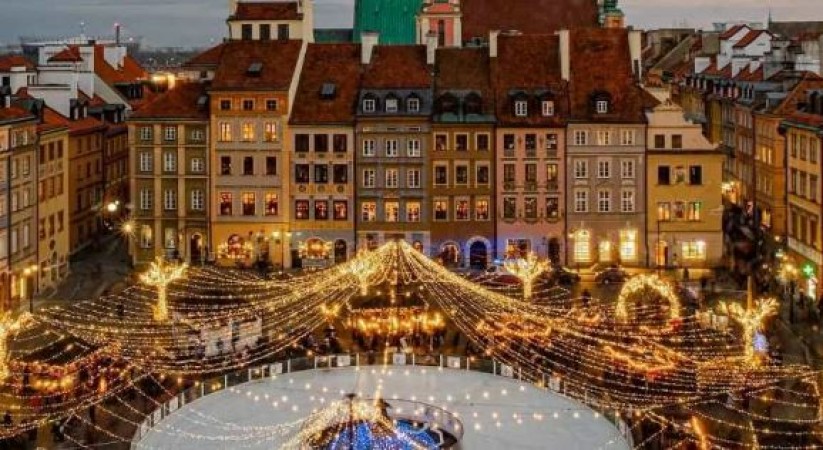
Poland, a country nestled in the heart of Central Europe, is a land of rich history, vibrant culture, and breathtaking landscapes. From its ancient roots and tumultuous past to its modern-day achievements, Poland has emerged as a nation that embraces both tradition and innovation. This article delves into the diverse aspects of Poland, exploring its history, culture, economy, and its place in the contemporary global landscape.
Historical Background: Poland's history stretches back over a thousand years. It was once a powerful kingdom during the Middle Ages and a dominant force in Europe, but it also experienced periods of division and occupation. The country faced numerous challenges throughout its past, including invasions, wars, and partitions, which significantly shaped its identity and national spirit. The resilience of the Polish people is evident in their struggle for independence and their eventual success in regaining sovereignty after World War I.
Cultural Heritage: Poland is renowned for its cultural heritage, which is deeply rooted in art, music, literature, and traditions. The country boasts a wealth of UNESCO World Heritage Sites, including the historic centers of Krakow and Warsaw, the medieval castle of Malbork, and the unique wooden churches of Southern Lesser Poland. Traditional Polish folklore, festivals, and cuisine continue to be cherished and celebrated, reflecting the nation's enduring connection to its heritage.
Modern Society and Politics: In the post-World War II era, Poland experienced significant political changes, falling under Soviet influence and becoming a part of the Eastern Bloc. However, the country's determination for freedom and democracy culminated in the Solidarity movement, led by Lech Wałęsa in the 1980s. This movement played a pivotal role in breaking the shackles of communism, leading to the eventual collapse of the Iron Curtain and the restoration of a democratic Poland. Today, Poland operates under a parliamentary system and has become a member of the European Union, strengthening its ties with other European nations.
ALSO READ:What is Glamping and How Does It Offer Luxurious Camping?
Economy and Development: Poland's economy has undergone substantial transformation in recent decades. Once a largely agrarian society, the country has evolved into a vibrant and diversified economy. It is now one of the fastest-growing economies in the European Union, with strong sectors in manufacturing, services, and technology. Poland's strategic geographic location has also contributed to its economic success, making it a crucial player in regional trade and investment.
Environmental Efforts and Challenges: Like many other nations, Poland faces environmental challenges, including pollution, deforestation, and biodiversity loss. However, the country has taken significant steps to address these issues and transition towards a more sustainable future. Investments in renewable energy, conservation efforts, and waste management initiatives demonstrate Poland's commitment to combating climate change and protecting its natural treasures.
Conclusion: Poland's journey from a land of medieval kingdoms to a modern European nation is a testament to its people's resilience and determination. With a rich historical legacy, thriving cultural heritage, and a growing economy, Poland continues to evolve while staying connected to its roots. As it navigates the challenges of the 21st century, Poland remains an essential part of Europe's cultural tapestry and a beacon of progress and opportunity for future generations.
What is a Staycation and How to Plan a Memorable One?
What is Adventure Tourism and Thrilling Activities to Try?
Discovering the Mystique of the Potala Palace: A Journey to Tibet's Spiritual Gem